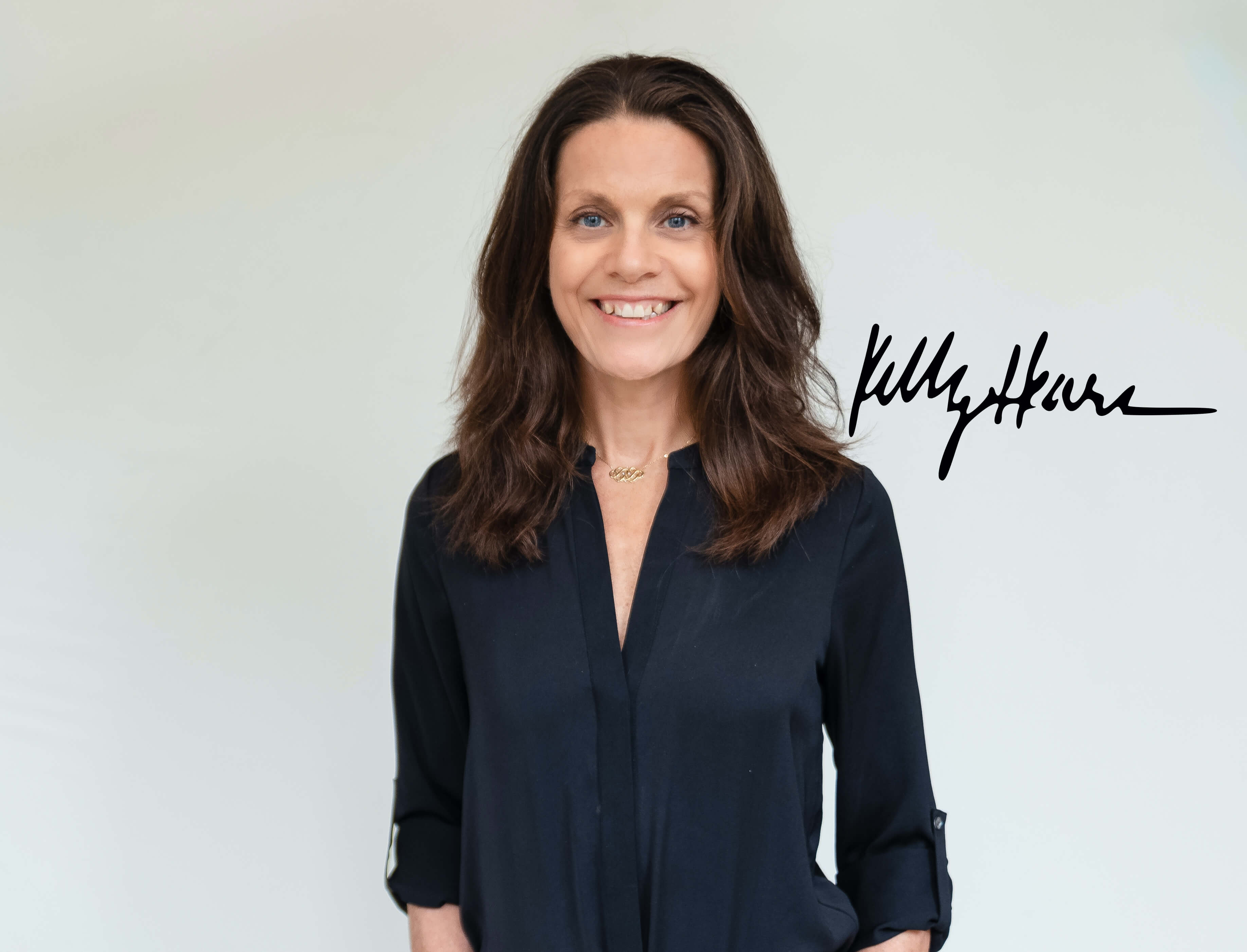Dear Therapist,
It's that time of year again! 'New Year, New You' messages are everywhere and while my past dismal track record with new year resolutions suggests I should give the whole idea a rest, I can't help feel like this would be admitting defeat, that the changes I want to see in my life are impossible. What would you advise?
Dear Resolution Weary,
I won't bore you with the reasons why resolutions don't work. They don't, but you already know this. So you're wise to reconsider how to approach the tradition.
I suggest two tinkers. The first is to move away from an annual resolution ritual to one of daily intentions. Getting into a regular habit of asking the simple question 'What matters most today?' This type of attention to intentions takes time and practice. There are so many distractions vying for our precious time. It takes discipline to shut these out for a bit, not to be seduced. But it need not be hard labour. A few minutes in the morning or evening before merely asking the questions 'What's most important today? What do I want to achieve today?' is a manageable start.
Pick the time of day that suits you best and make it a habit like brushing teeth or showering. Paper diaries can be very useful here - some of them even have space for a 'daily focus' or similar, or we can add this ourselves. Having a reminder is helpful, particularly early days before the practice becomes habit. The key point is to arrive at a theme or aspiration for the coming day.
"How we spend our days is, of course, how we spend our lives. What we do with this hour, and that one, is what we are doing," said Annie Dillard in The Writing Life. Sometimes we forget this. We become so fixated on the big, transformational goals that we overlook the meaningful change simple daily actions can usher in over time. The beauty of this approach also means that we get a new chance to make these positive steps every day and don't need to wait until next January to be accountable to ourselves. And note that behavioural scientists like BJ Fogg have long pointed to such Tiny Habits as a more successful route to lasting change.
A second suggestion is to tie goals to areas where we want to live more fully in our values, or feel more energised and alive in our bodies, instead of focusing on where we feel we need to change or improve to be okay. Simply put, anchoring on a positive motivation rather than a negative one.
Compare and contrast:
'I want to prioritise my morning walk today because I feel more energised and grounded when I make time for myself in this way.'
'I want to lose 5 kg because I feel disgusting after all of the holiday eating and can't even look at myself in the mirror.'
Re-read the above. Maybe even say the sentences - or your version of them linked to your intention - aloud. Notice how each affects your motivation.
Daily intentions linked to positive motivations_._ As we accomplish these, we also enjoy the completion bias - the pleasure of merely finishing a task which feels good and beats relying on white-knuckled willpower to get us to some distant finish line.
Yours,

Do you have a question for Dear Therapist? Send it to [email protected] with Dear Therapist in the subject line and Charlotte Fox Weber or Kelly Hearn will get back to you.

